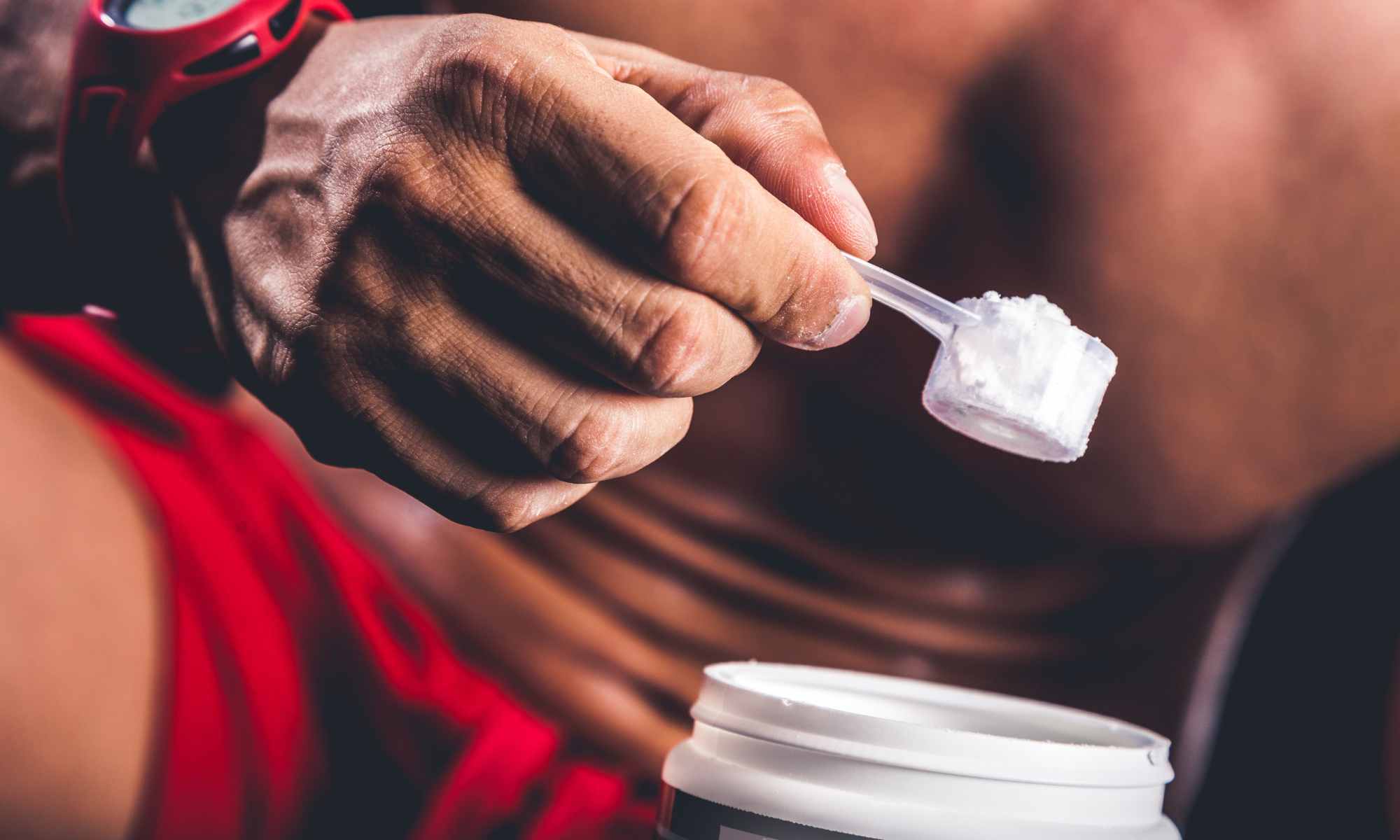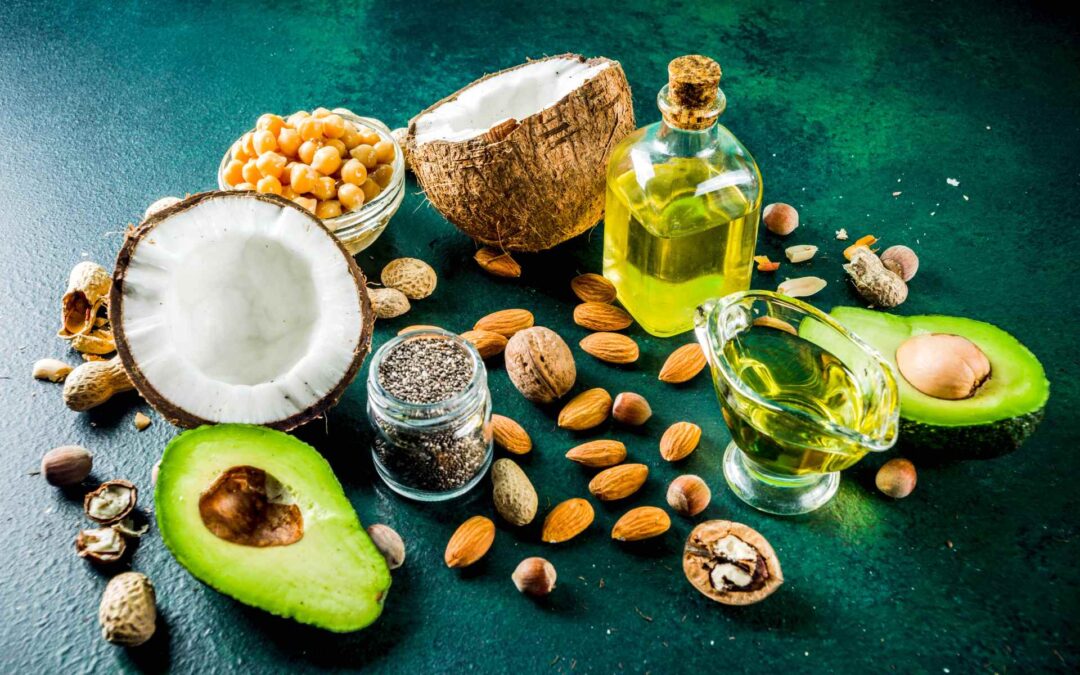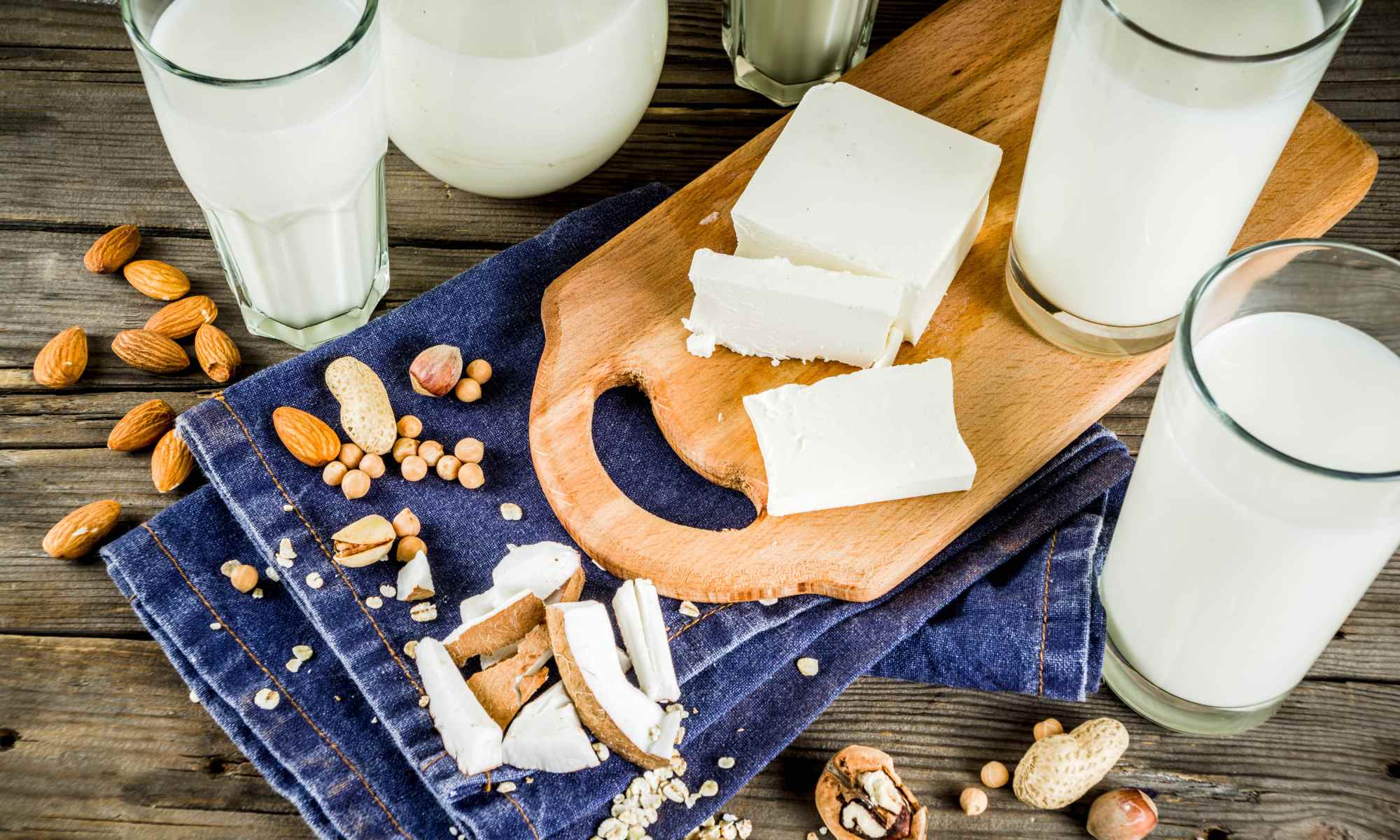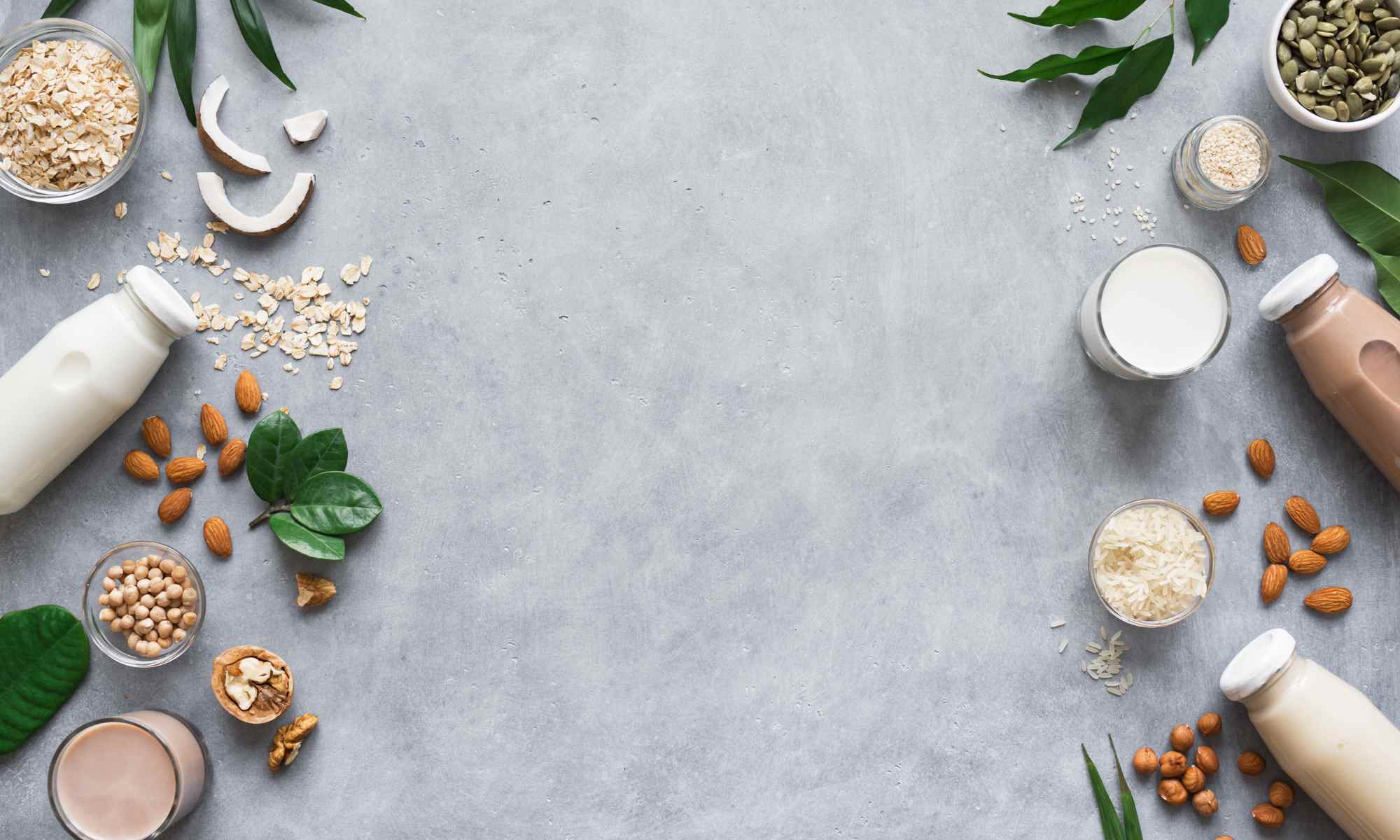
Top 10 Supplements for Peak Performance
Creatine: Powering Muscular Endurance
Creatine also plays a crucial role in cellular hydration, drawing water into muscle cells and promoting volumization. This increased cell volume can contribute to muscle growth and improved exercise performance. Moreover, creatine has been shown to enhance glycogen synthesis, aiding in the replenishment of energy stores post-exercise.
Research suggests that creatine supplementation may offer benefits beyond muscular performance, with studies indicating potential neuroprotective effects and cognitive enhancements. These findings highlight the versatility of creatine as a supplement for athletes seeking not only physical but also cognitive advantages.

Protein Powders: Fueling Muscle Repair and Growth
Beyond its role in muscle repair, protein powder supplementation may also support weight management and appetite control. High-protein diets have been shown to increase feelings of satiety and promote fat loss while preserving lean muscle mass. As such, athletes may incorporate protein powders as part of a balanced nutrition plan to achieve their body composition goals while supporting athletic performance.
In addition to their muscle-building properties, protein powders can serve as a convenient and versatile ingredient in various recipes and snacks. From protein shakes to protein pancakes, athletes can incorporate these supplements into their diet in creative ways, ensuring adequate protein intake throughout the day.

BCAAs (Branched-Chain Amino Acids): Supporting Muscle Recovery
These amino acids play a crucial role in regulating protein metabolism and preserving lean muscle mass during periods of intense training or calorie restriction. By stimulating muscle protein synthesis and inhibiting protein breakdown, BCAAs can help athletes preserve muscle mass and promote recovery, particularly during periods of high training volume or energy deficit.
Moreover, BCAAs may offer benefits beyond muscle recovery, with research suggesting potential improvements in exercise performance and immune function. Studies have demonstrated that BCAA supplementation can reduce markers of muscle damage and fatigue, allowing athletes to train harder and recover faster.

Glutamine: Supporting Muscle Recovery and Immune Function
Furthermore, glutamine serves as a key fuel source for immune cells, supporting the body’s defence mechanisms against infections and inflammation. Athletes undergoing rigorous training regimes are more susceptible to immune suppression due to increased stress on the body. By bolstering immune function, glutamine supplementation can help athletes maintain optimal health and performance, ensuring consistent training and competition.
Additionally, glutamine plays a crucial role in promoting gut health and integrity, which is essential for nutrient absorption and overall well-being. Intense exercise can disrupt the delicate balance of the gut microbiota, leading to gastrointestinal distress and impaired nutrient absorption. Glutamine supplementation helps support the mucosal lining of the gut, reducing inflammation and promoting gut barrier function, thereby enhancing nutrient absorption and reducing the risk of gastrointestinal issues during training and competition.

Shilajit: Harnessing Ancient Wisdom for Optimal Performance
Moreover, shilajit’s ability to enhance mitochondrial function and energy production holds significant promise for athletes seeking to optimise performance. Studies suggest that shilajit supplementation may improve ATP synthesis and mitochondrial efficiency, leading to increased energy levels, endurance, and exercise capacity. By enhancing cellular energy metabolism, shilajit may enable athletes to sustain higher-intensity efforts for longer durations, resulting in improved athletic performance and reduced fatigue.
Furthermore, shilajit’s antioxidant and anti-inflammatory properties make it a valuable ally for athletes seeking to support recovery and reduce exercise-induced inflammation. By scavenging free radicals and reducing oxidative stress, shilajit supplementation may accelerate muscle recovery, mitigate post-exercise soreness, and promote tissue repair. Additionally, shilajit’s anti-inflammatory effects may help alleviate joint pain and stiffness, allowing athletes to maintain mobility and function throughout their training and competition journey.

Boswellia: Nature's Support for Enhanced Performance
Boswellia, also known as Indian frankincense, has been treasured for centuries in traditional medicine systems for its potent anti-inflammatory and pain-relieving properties. As athletes strive for peak performance, Boswellia emerges as a natural supplement to support joint health, reduce inflammation, and enhance overall well-being. Rich in bioactive compounds called boswellic acids, Boswellia acts as a powerful ally in promoting joint flexibility, mobility, and resilience, essential for athletes engaged in high-impact activities.
Moreover, Boswellia’s ability to modulate inflammatory pathways makes it particularly beneficial for athletes seeking to manage exercise-induced inflammation and promote faster recovery. Studies suggest that Boswellia supplementation may reduce markers of inflammation, such as cytokines and prostaglandins, thereby alleviating muscle soreness and discomfort post-exercise. By targeting inflammatory pathways at the cellular level, Boswellia supports the body’s natural healing processes, enabling athletes to bounce back quicker and maintain consistent training intensity.
Furthermore, Boswellia’s analgesic properties make it an attractive option for athletes grappling with exercise-related pain and discomfort. Whether it’s joint pain from repetitive movements or muscle soreness from intense workouts, Boswellia offers relief without the side effects often associated with conventional pain medications. By soothing pain and discomfort, Boswellia supplementation allows athletes to focus on their training goals with renewed vigour and confidence, ultimately contributing to enhanced performance outcomes and overall athletic success.
We included Boswellia in two of our products: Heal & Care and Osteocare.

Pine Bark Extract: Nature's Performance Booster
Moreover, pine bark extract’s ability to improve blood flow and circulation holds significant promise for athletes seeking to optimise cardiovascular performance and endurance. Studies suggest that pine bark extract supplementation may enhance vasodilation, allowing for increased blood flow to muscles during exercise. Improved blood flow not only delivers essential nutrients and oxygen to working muscles but also facilitates the removal of metabolic waste products, reducing fatigue and enhancing overall exercise capacity.
Furthermore, pine bark extract’s anti-inflammatory properties make it a valuable ally for athletes looking to manage exercise-induced inflammation and promote faster recovery. By inhibiting pro-inflammatory enzymes and cytokines, pine bark extract supplementation may alleviate muscle soreness and discomfort post-exercise, enabling athletes to bounce back quicker and maintain peak performance levels. Additionally, pine bark extract’s ability to support collagen synthesis and connective tissue health may help prevent injuries and improve joint function, ensuring athletes stay resilient and injury-free throughout their training journey.
We included Pine Bark Extract in our product Recovery.

Omega-3: Enhancing Recovery and Joint Health
In addition to its anti-inflammatory properties, Omega-3 supplementation may support cardiovascular health and improve exercise performance. Omega-3 fatty acids have been shown to reduce blood pressure, improve arterial function, and enhance endothelial function, which may translate to improved cardiovascular efficiency during exercise.
Moreover, Omega-3 supplementation has been associated with improvements in muscle function and recovery. Omega-3 fatty acids may enhance muscle protein synthesis, reduce muscle soreness, and attenuate exercise-induced muscle damage, allowing athletes to recover more quickly and perform at their best. Omega-3 supplements derived from sources such as krill oil or algae offer an alternative to fish oil for athletes seeking the benefits of omega-3 fatty acids without consuming fish-derived products.

Magnesium: Supporting Muscle Function and Recovery
In addition to its role in muscle function, magnesium may offer other performance-enhancing benefits for athletes. Magnesium is involved in over 300 enzymatic reactions in the body, including those related to energy metabolism, protein synthesis, and nerve function. As such, adequate magnesium levels are crucial for maintaining optimal physiological function and supporting athletic performance.
Furthermore, magnesium supplementation has been shown to reduce exercise-induced muscle cramps and improve exercise performance in athletes. By supporting muscle relaxation and reducing neuromuscular excitability, magnesium supplementation may help athletes prevent cramping and fatigue during prolonged or intense training sessions, enabling them to train harder and recover more quickly.
We included magnesium in our product Heal & Care.

Ashwagandha: Enhancing Stress Adaptation and Performance
Moreover, ashwagandha has been shown to possess anti-inflammatory properties, which can benefit athletes by reducing exercise-induced inflammation and supporting faster recovery from workouts. Intense physical activity can lead to increased levels of inflammation in the body, contributing to muscle soreness and fatigue. By mitigating inflammation, ashwagandha supplementation may help athletes recover more quickly between training sessions, allowing for greater consistency and intensity in their workouts.
Furthermore, ashwagandha supplementation has been linked to improvements in physical performance, including strength, endurance, and power output. Studies have shown that ashwagandha supplementation can enhance muscular strength and endurance, potentially by supporting muscle recovery and reducing exercise-induced fatigue. Additionally, ashwagandha has been reported to increase anaerobic power and improve overall exercise performance, making it a promising supplement for athletes seeking to maximise their athletic potential.
We included Ashwagandha in our products Restore and Recovery.
Conclusion
In conclusion, supplementation emerges as a valuable adjunct for athletes striving to optimise performance and achieve their athletic goals. The top 10 supplements highlighted in this guide offer diverse benefits ranging from muscle strength and endurance to recovery and overall well-being. However, it is imperative to integrate supplementation within a holistic approach encompassing balanced nutrition, tailored training programmes, and professional guidance to ensure safety and efficacy.
Frequently Asked Questions
1 Can I take all of these supplements together?
While many supplements can be taken concurrently, it is crucial to consider potential interactions and individual requirements. Consulting with healthcare professionals or registered dietitians is advisable to devise a personalised supplementation plan.
2. Are there any side effects associated with these supplements?
Some supplements may elicit side effects, particularly when taken in high doses or prolonged periods. Common adverse reactions include gastrointestinal discomfort, nausea, and allergic responses. Initiating supplementation with conservative doses and gradual increments is recommended to assess tolerance levels.
3. How long does it take to see results from these supplements?
The timeframe for experiencing discernible benefits varies among individuals and supplements, contingent upon factors such as dosage, consistency, and lifestyle. While some may notice improvements within weeks, others may require several months of consistent usage to realise significant performance enhancements.
4.Can I combine multiple supplements for better results?
While combining supplements can potentially enhance their benefits, it’s essential to approach this with caution. Some supplements may interact with each other or have overlapping effects, leading to unintended consequences. Consulting with a healthcare professional or registered dietitian is recommended to ensure compatibility and avoid potential adverse effects.
5. Are there any supplements specifically for endurance athletes?
Yes, several supplements are tailored to support the unique needs of endurance athletes. These may include carbohydrate supplements for fuelling prolonged exercise, electrolyte replacements to maintain hydration and prevent cramping, and nitrate supplements to enhance cardiovascular efficiency and oxygen delivery. Athletes engaged in endurance activities should consult with professionals to determine the most appropriate supplementation strategy for their specific requirements.
6. Are natural sources of nutrients preferable to supplements?
While obtaining nutrients from whole foods is generally preferred, supplements can be a convenient and practical way to address specific deficiencies or support athletic performance. However, it’s essential to prioritise a balanced diet rich in fruits, vegetables, lean proteins, and whole grains as the foundation of nutrition. Supplements should complement, rather than replace, a diverse and nutrient-dense diet.
7. Can supplements improve recovery after injury or illness?
Certain supplements may support recovery from injury or illness by providing essential nutrients for tissue repair and immune function. For example, protein powders can aid in rebuilding muscle tissue, while vitamins and minerals like vitamin C, zinc, and iron may bolster immune function. However, it’s crucial to consult with healthcare professionals for personalised recommendations tailored to individual health needs.
8. Is it necessary to cycle supplements or take breaks from them?
Cycling supplements involves periodically discontinuing their use to prevent tolerance or dependency and to allow the body to reset. While some supplements may benefit from cycling, such as caffeine or pre-workout formulas, others, like essential vitamins and minerals, may be taken continuously without interruption. Athletes should follow specific guidelines provided by healthcare professionals or supplement manufacturers regarding cycling protocols.
9. Do supplements have age or gender-specific considerations?
Yes, age and gender can influence nutrient requirements and how the body responds to supplementation. For example, older adults may require higher doses of certain vitamins and minerals due to decreased absorption or increased physiological demands. Similarly, female athletes may have unique nutritional needs, such as increased iron requirements due to menstrual losses. Consulting with healthcare professionals can help address age and gender-specific considerations when selecting supplements.
10. How can I ensure the quality and safety of supplements?
To ensure the quality and safety of supplements, it’s essential to choose products from reputable manufacturers that adhere to stringent quality control standards and undergo third-party testing for purity and potency. Look for certifications such as NSF International, Informed-Sport, or USP Verified to verify product quality and safety. Additionally, consulting with healthcare professionals can help navigate the vast array of supplements available and identify trusted brands that meet individual needs and preferences.
























